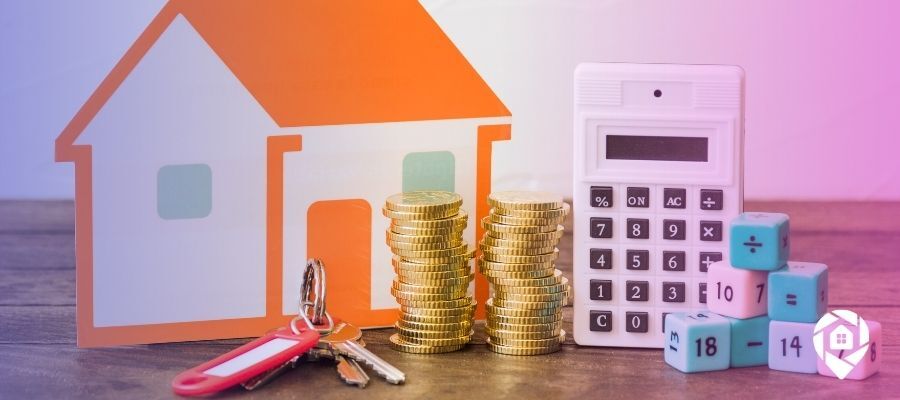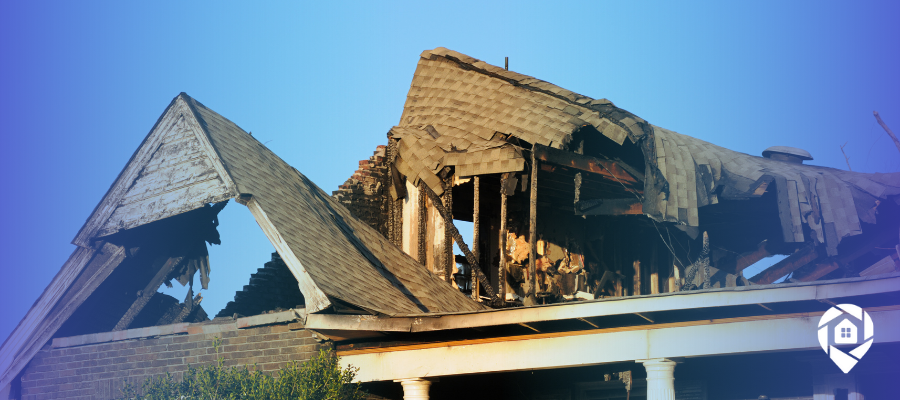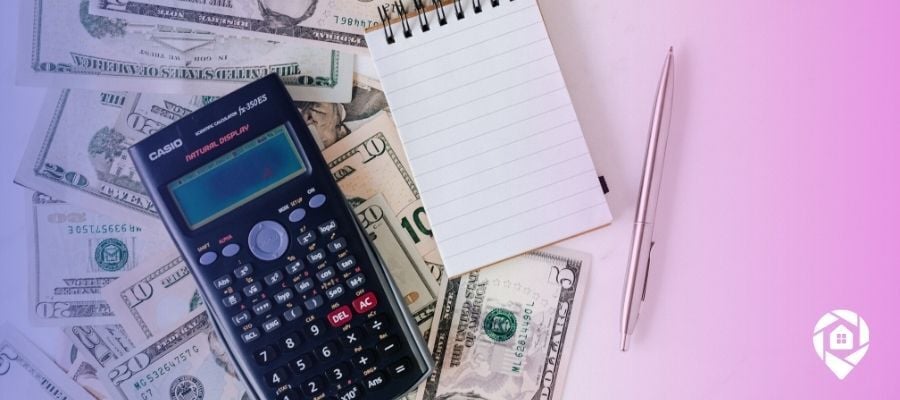
Real Estate Business Model: How Wholesaling Changed One Investor’s Life

Not all paths to real estate investing look the same. For some, the journey starts in corporate America. For others, it begins with side hustles or house hacking. But for Lupi G, his real estate journey began from a far less traditional starting point, leaving behind a dangerous street lifestyle and reinventing himself as a real estate investor.
Today, Lupi G, which stands for Level Up Property Investment Group, has built a successful business in the Houston real estate market. His story shows how the right real estate business model, paired with determination, can change a life completely.
The First Deal That Changed Everything
Lupi’s entry into real estate came through wholesale real estate, one of the simplest but most powerful business models available to new investors. Driving through neighborhoods, he used the DealMachine app to identify properties in distress.
He found his breakthrough property just a street over from his grandmother’s home. The seller was behind on taxes by approximately $47,000 and was willing to accept $2,000 to walk away.
Lupi put the property under contract and assigned it to a local pastor who already owned several homes in the neighborhood. The deal netted him about $115,000 after accounting for back taxes, all on his very first wholesale transaction.
What makes this story even more remarkable is how quickly the buyer appeared. After putting a simple sign with his logo and number in the yard, he went grocery shopping. By the time he returned, the pastor had already called, eager to buy.
This first deal was more than just profitable. It validated that real estate wholesaling could be his new business model, one that was sustainable, legal, and life-changing.
Building a Sustainable Real Estate Business Model
Wholesaling works because it allows investors to earn income without buying properties themselves. Instead, wholesalers find distressed properties, obtain contracts for them, and then assign those contracts to buyers for a fee.
For Lupi, this model required hustle and persistence, but not a huge upfront capital investment. He focused on:
- Driving for dollars – finding distressed homes in person.
- Building relationships with title companies and escrow agents – often leading to referrals.
- Following up consistently – motivated sellers often require multiple touches.
- Using simple but effective marketing – like yard signs.
One clever strategy he developed was building relationships with escrow agents. When deals with other buyers fell through, agents would call him. Those leads turned into multiple deals, often generating $25,000 to $30,000 in profit each.
This is the power of the wholesaling business model: with strong systems and relationships, investors can build repeatable income streams without owning property.
A Personal Transformation
Unlike many investors who transition from corporate jobs, Lupi’s story came with bigger obstacles. Growing up, he saw his father run a tow truck business, so he understood entrepreneurship. But as a young man, he fell into street hustling.
After surviving several near-death experiences, he faced a choice: continue on the same path and risk his life or make a dramatic change. Choosing real estate meant leaving behind people and habits that didn’t support his future.
“I saw a lot of people change up on me because I decided to do something better,” Lupi says. But he knew he needed to isolate himself from negative influences.
His transformation included:
- Stepping away from destructive relationships
- Immersing himself in podcasts, books, and educational lectures
- Building new relationships with mentors and peers in real estate
- Focusing on personal development alongside business growth
He describes the change as “a breath of fresh air,” not just a career shift, but a total life reset.
Why Wholesaling Works as a Real Estate Business Model
Wholesaling is one of the most accessible ways to start in real estate. It offers:
- Low barriers to entry – no need to buy the property yourself.
- Scalable income – first deals can range from $5,000 to $30,000, with the potential for much more.
- Flexibility – you control your schedule and build independence.
For Lupi, his first $115,000 deal proved that the model works. For other investors, even smaller wins can create momentum, provide cash flow, and open doors to future strategies like fix-and-flip or buy-and-hold.
Key Lessons from Lupi G’s Journey
Lupi’s story illustrates that real estate isn’t just about properties, it’s about people, persistence, and the right business model. Key lessons include:
- Start where you are. You don’t need huge capital. Lupi began with hustle and resourcefulness.
- Relationships matter. From escrow agents to local buyers, strong connections fuel deal flow.
- Personal growth drives business growth. Removing negative influences and focusing on self-improvement created the foundation for his success.
- Wholesaling works. It’s a proven entry point into real estate investing, with the potential for life-changing results.
Final Takeaway
The real estate business model you choose matters. For Lupi G, wholesaling provided a way out of a dangerous lifestyle and into financial freedom. His story proves that with determination, persistence, and the right strategy, anyone can reshape their future through real estate.
FAQs About Real Estate Business Models
Q: How did Lupi G find his first successful real estate deal?
By driving for dollars and using the DealMachine app to identify distressed homes. His breakthrough property was just one street over from his grandmother’s house.
Q: Why is wholesaling a good real estate business model for beginners?
It requires minimal startup capital since you don’t buy the property. You simply contract with the seller and assign the deal for a fee. It’s a fast way to generate income without significant risk.
Q: What personal changes helped Lupi succeed in real estate?
He cut ties with negative influences, focused on personal development, and built relationships with mentors who supported his transformation.
Q: Can wholesaling scale into a long-term business?
Yes. With systems, marketing, and strong buyer relationships, wholesaling can generate consistent deal flow and be the foundation for expanding into other investment strategies.

About Benjy Nichols
Benjy has been a Media Manager at DealMachine for the last 5 years. He produces, writes, shoots, and edits our media content for our member's DealMachine and Real Estate education.



